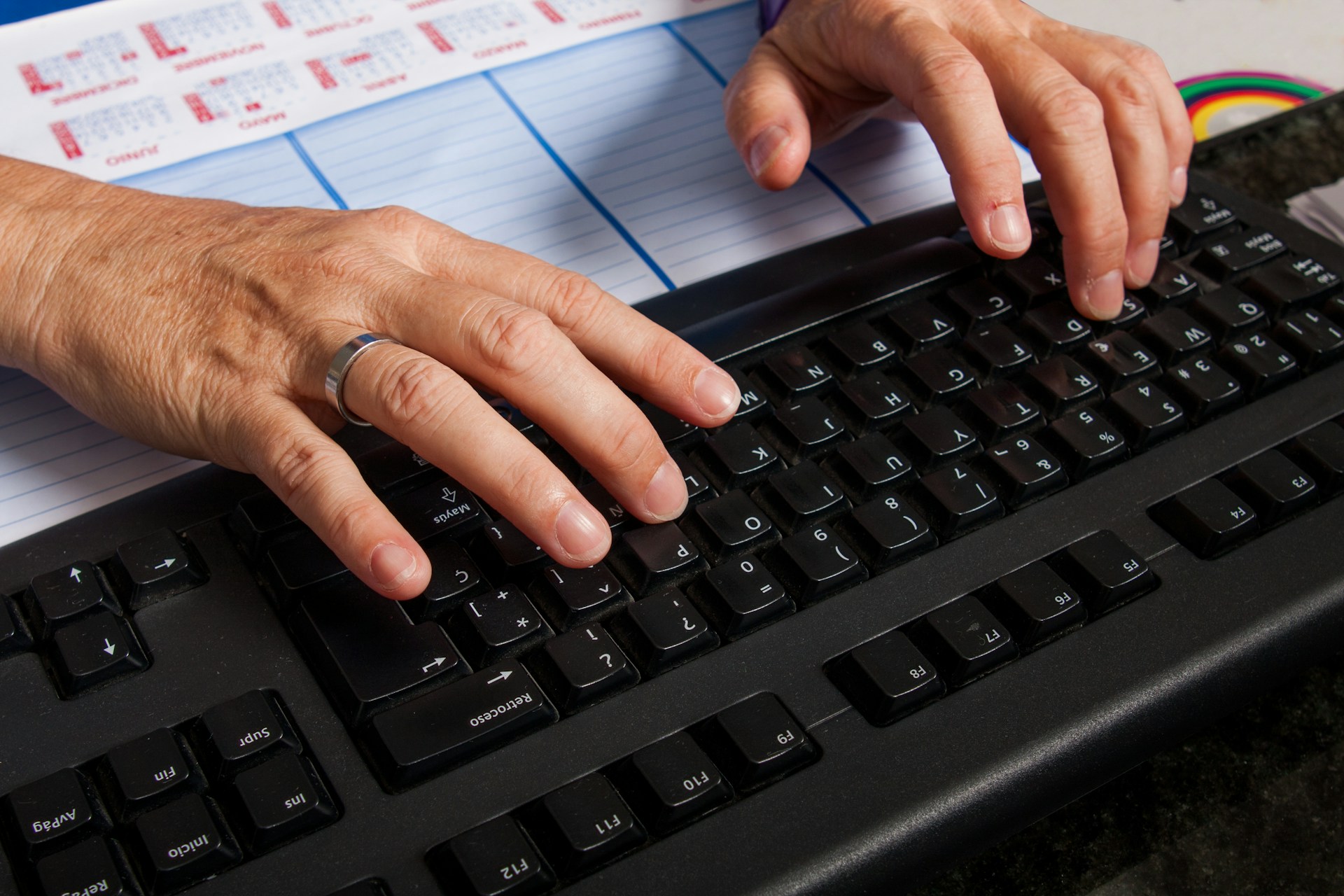The Importance of Facility Scheduling Functionality within a CMMS

Effective facility scheduling is a critical component of any comprehensive maintenance management strategy. Within a Computerized Maintenance Management System (CMMS), facility scheduling functionality plays a pivotal role in ensuring that spaces are used efficiently, events are well-organized, and maintenance tasks are seamlessly integrated with the overall facility management process. This blog will explore the importance of facility scheduling within a CMMS, key considerations, and requirements to ensure optimal use of your facilities.
To start, it is essential to have unique calendars for different uses. Facilities often need to accommodate internal activities such as sports practices, meetings, or training sessions. A CMMS with robust scheduling functionality should allow for the creation of unique calendars dedicated to internal use, ensuring that these activities are planned and executed smoothly. Equally important is managing external use of facilities, such as community events, private rentals, or public functions. Having a separate calendar for external use helps avoid conflicts and ensures that all stakeholders are aware of available times and spaces.
Managing requestor groups is another key aspect of effective facility scheduling. A CMMS should enable administrators to create and manage different requestor groups, each with unique permissions and access levels. Whether it’s internal staff, external organizations, or community groups, the ability to categorize requestors and streamline the request process ensures that the right people have access to the right spaces at the right times.
Creating and tracking invoices is crucial for facilities that charge fees for usage. A CMMS with integrated billing capabilities simplifies the financial management aspect of facility scheduling. This functionality provides transparency in billing, helping to maintain clear financial records and ensuring that all parties are billed accurately and on time.
One of the most critical aspects of facility scheduling is the ability to create work orders linked to scheduled events. This ensures that any maintenance, setup, or teardown tasks are automatically generated and synced with the CMMS. By integrating work orders with the scheduling system, facilities can proactively manage maintenance tasks, ensuring that spaces are in optimal condition for each event. This reduces the likelihood of last-minute issues and enhances the overall user experience.
The benefits of facility scheduling in a CMMS are substantial. Facility scheduling within a CMMS streamlines the coordination of events and maintenance tasks, reducing administrative overhead, minimizing scheduling conflicts, and ensuring that resources are used efficiently. Providing clear and accessible scheduling options improves the experience for both internal and external users. When people know that their events will run smoothly and spaces will be ready, satisfaction and trust in the facility management process increase.
A CMMS with advanced scheduling capabilities helps manage facility resources effectively. From room bookings to equipment availability, the system ensures that all resources are allocated appropriately and are available when needed. Integrated billing and invoicing features provide robust financial oversight, helping to manage and track revenue from facility usage. This contributes to better financial planning and resource allocation.
Linking work orders to scheduled events ensures that maintenance tasks are performed proactively. This not only enhances the reliability of facilities but also extends the lifespan of assets by ensuring they are regularly maintained and in good condition.
In conclusion, the facility scheduling functionality within a CMMS is more than just a calendar tool; it's a comprehensive solution that enhances the efficiency, reliability, and user experience of facility management. By offering unique calendars for different uses, managing requestor groups, integrating billing and invoicing, and seamlessly creating work orders, a CMMS ensures that facilities are used optimally and maintained proactively. When choosing a CMMS, it's essential to consider these functionalities to ensure that your facility management processes are streamlined and effective, ultimately supporting the smooth operation and long-term sustainability of your facilities.










